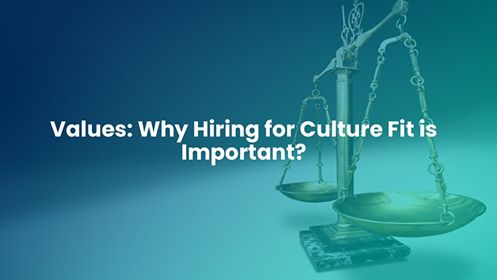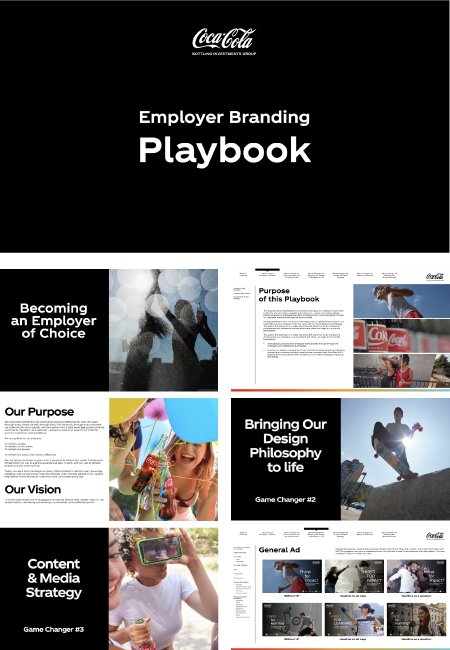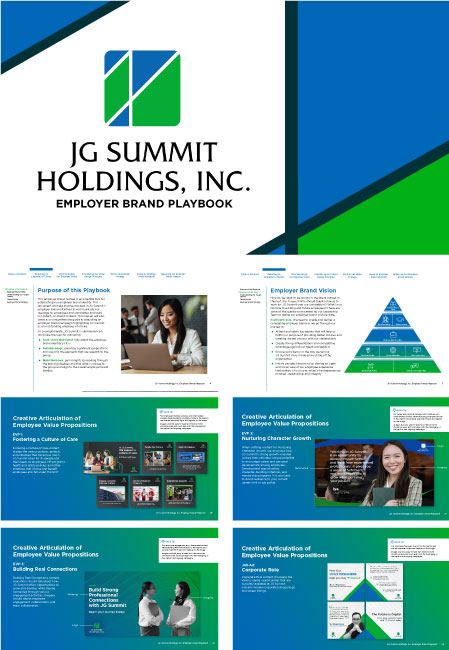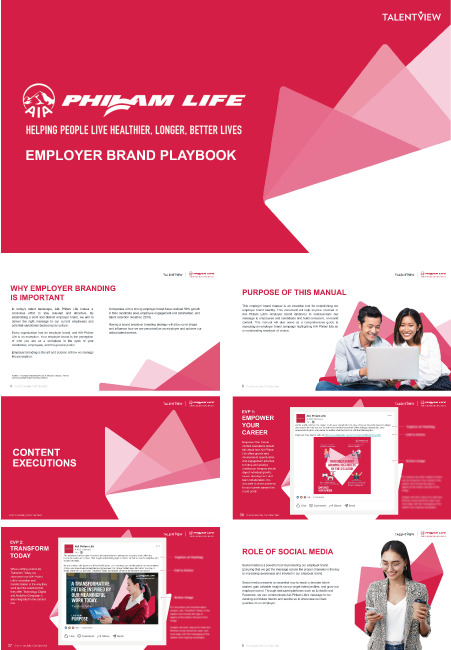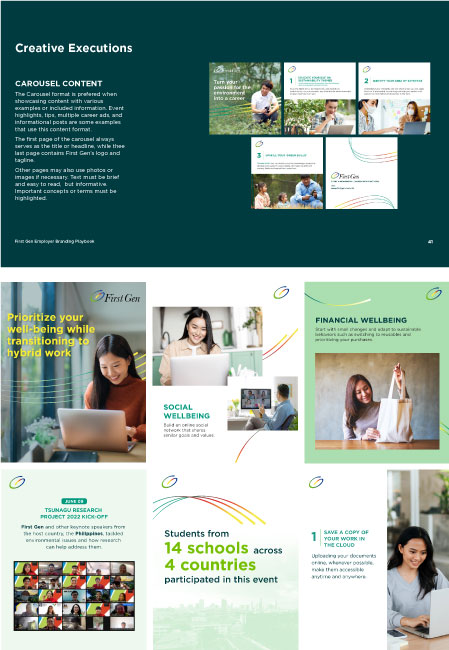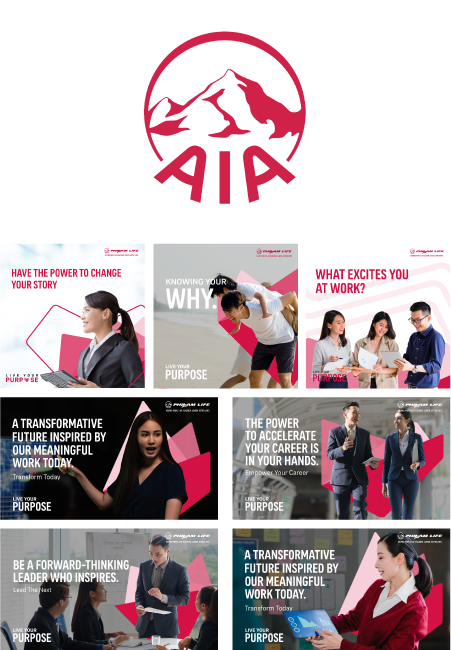VALUES: Why Hiring for Culture Fit is Important?
Values: Why a Person's Culture Fit is Important?
Values represent the belief system a person or organisation holds about what is important to them. For individuals, values support decisions and behaviors: They provide a guide for employees for how they should behave.
Now, there are 2 types of values: employee values and organisational values. Let us dive into each and understand how they differ.
Employee Values Vs. Organisational Values
What are Employee Values?
Employee values are actions and behaviors that people seek to reinforce in themselves and others. Individuals values are usually implicit and tend to align with attitudes and personality.
What are
Organisation
Values?
Organisational values are the behaviors that the organisation explicitly states that it wants to see across all employees throughout the hierarchy. They provide employees with a guide for how they should behave across situations.
Organisation values often manifest as the corporate mission or vision statement, providing a guideline for how the organisation will behave and engage with customers and the community. Aligning formal values with actual practice is critical in promoting the values of ethics and integrity. Having values that are upheld by management, through policies and actions, is important to prevent the values simply being ‘buzzwords’ that hold little meaning or relevance to employees.
Cultural Fit
Your organisation culture is made up of the workplace environment, values and ethics of the organisation. A person's culture fit is the degree of match between the values, purposes, and goals of employees, and those of the organisation. Greater alignment between an individual’s values and an organisation’s values promotes higher levels of happiness at work. Shared Values are positively related to constructive work attitudes, including employee satisfaction, commitment, and involvement. This means values are a good indicator to an individual as to whether they ”fit” with an organisation.
4 Benefits of Culture Fit
Well-through-out values that are implemented throughout the organisation can help create a high-performance culture. Having employees who fit the culture helps increase on-the-job satisfaction, engagement, and resilience - leading to better retention rates.
1. Job Satisfaction
One of the most common positive outcomes to values compatibility is job satisfaction. The basic definition of job satisfaction is how content an individual is with their job. A more scientific definition states that job satisfaction is an enjoyable psychological situation that results from having an appraised once job experience in short when employee an organisational value align, staff are more likely to be happy and content at work.
2. Engagement
The second domain where person-culture fit may manifest is work engagement. Employees that fit well with the company are likely to be more committed and confident, whereas teams work better when they have the same core values and aligned goals. When an employee has to value compatibility with the workplace, they are more likely to be engaged in their job and the organisation than those who do not.
3. Resilience
Another benefit of person-culture fit is the positive effect it has on individual resilience and grit. A lack of match between an employee and the organisational values can affect employee well-being by creating a significant source of exhaustion. This can happen when organisational demands are not aligned with the employee’s resources. Research suggests that when an employee has compatible values with a company, it will lead to greater resilience, as individuals are likely to have the resources to deal with adversity.
4. Increased Retention
Employees who do not share the same values as the organisation may feel dissatisfied and are more likely to leave, while those who do share the values are more likely to remain. Companies with a strong culture will find that their employees who believe in the goals and values of the business are generally more productive and motivated to stay.
How to Hire for Culture Fit
Culture fit is becoming one of the essential criteria in the process of recruiting for a job. Candidates are looking for a company with values and a culture that aligns with their own specific needs, ideas and personalities, just as much as employers are looking for employees with good ’fit’
1. Showcase your Employer Brand
With the internet and the uptake of social media. Most candidates begin the process of selecting for cultural fit before they even apply for a role. As 70% of 18-34-year-olds have found jobs through social media, it is important that organisations can connect with potential candidates through social media channels and showcase their employer brand. An employer brand is a perception by current and prospective employees of what it’s like to work for your firm. As companies with great branding gain twice as many applications compared to companies with poor branding, it is vital to use it as a tool to promote your unique organisational culture. Branding allows candidates to self-select for their best fir prior to application.
2. Understand the Culture and Needs of the Organisation
In order to assess application for their fit with an organisation, it is important to understand what the culture and needs of the organisation are, By monitoring the work environment and suing job analysis, employers can infer the abilities, skills, personality characteristics, and values required for each role. Using an application process that allows both the organisation and the individual to assess fit will ensure that the best-suited candidate is selected.
Using a values model helps to measure an applicant’s value alignment with the organisation. The model can be developed from the organisation's understanding of their values and culture or can be adopted from an existing one, such as the Talegent PATH Values Model.
3. Use Structured Interviews
Structured interviews can be a good way to help assess cultural for alongside value assessments. Here are some questions that can help determine culture fit in an interview:
- What type of culture do you thrive in? (Does the response reflect your organisation culture?)
- What values are you drawn to, and what’s your ideal workplace?
- Why do you want to work here?
- How would you describe our culture based on what you’ve seen? What appeals to you about it?
- What best practices would you bring with you from another organisation? Do you see yourself being able to implement these best practices in our environment? How?
- Tell me about a time when you worked with an organisation where you felt you did not fit well with their culture. What made you feel this way?
References:
Austin, John.2019. "The Paradox Of Hiring." Talegent

JOIN TALENTVIEW'S NEWSLETTER NOW
Get exclusive access to our newest talent acquisition resources and events
TalentView is a leading employer branding firm with a mission of elevating human capital standards across the ASEAN region. Working directly with business leaders in Fortune 1000 companies,TalentView’s solutions help create and maintain exceptional experiences to attract, engage and retain their talent. Partnering with key global players including Workplace from Meta, The Bot Platform, Talegent, Indeed, Glassdoor, and Hootsuite.
Uncover Your Brilliance with us!

